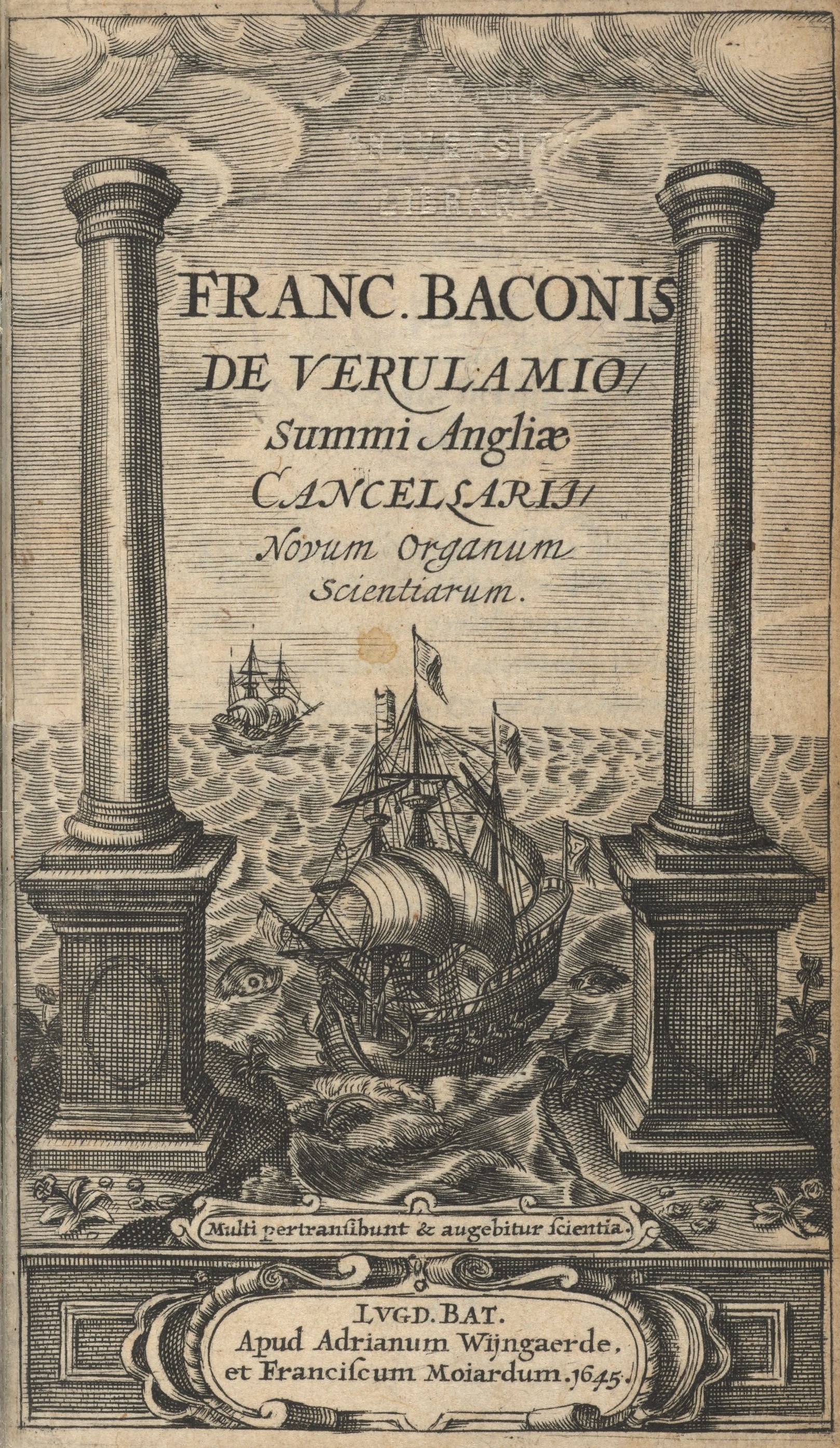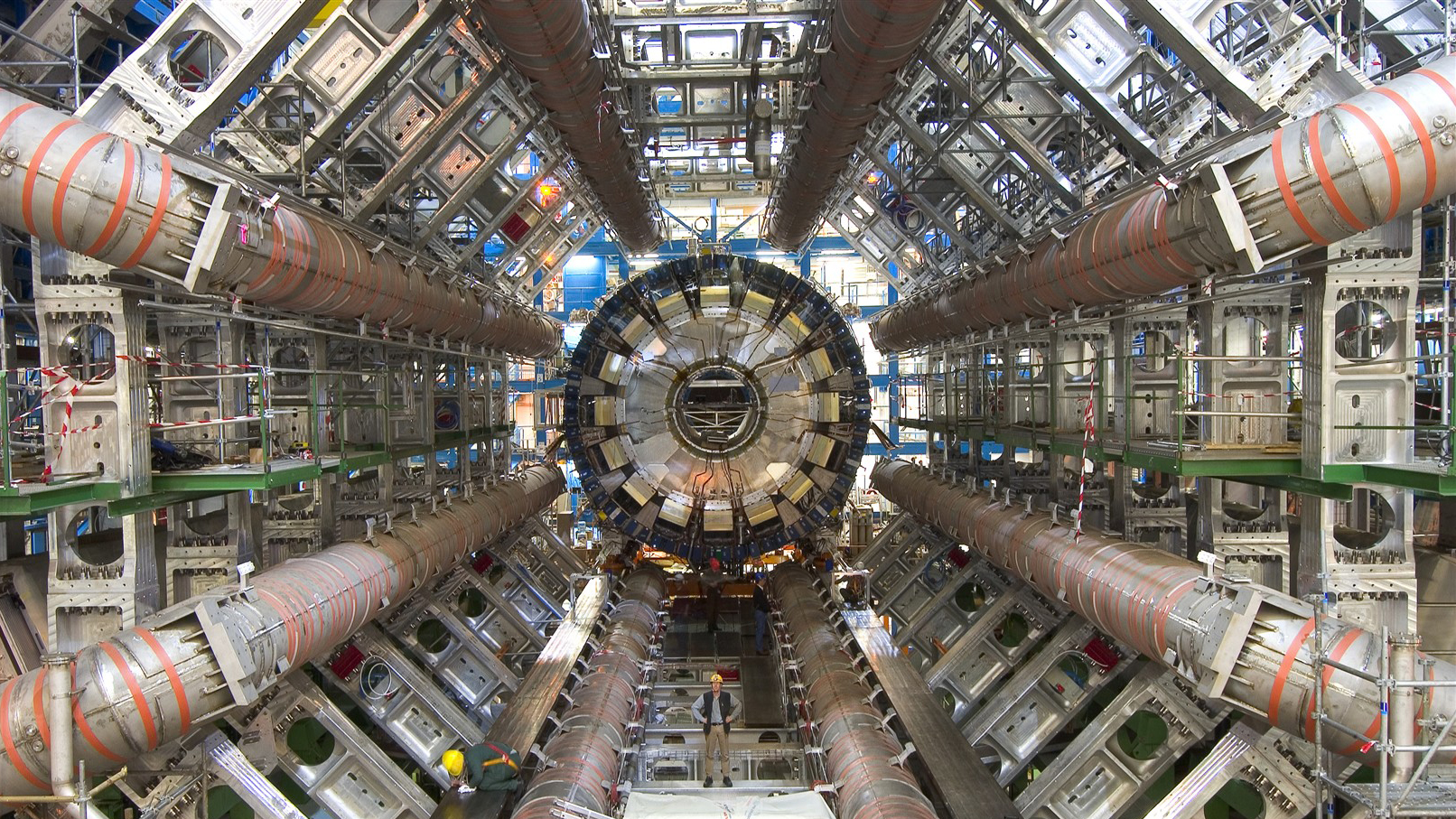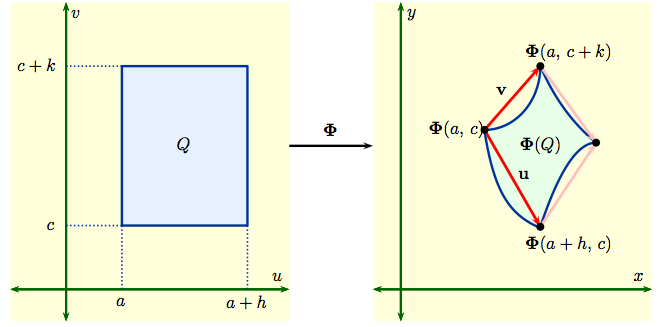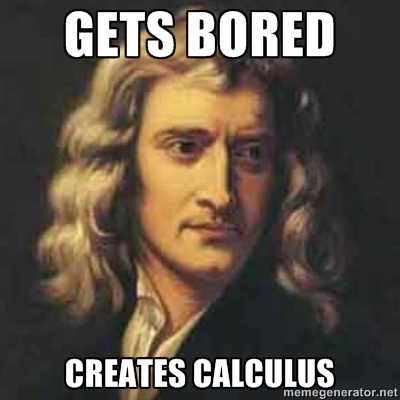University Courses
Innovate 1Z03 – Artificial Intelligence
A course I created on the social issues around Artificial Intelligence, which I taught during the winter, summer, and fall of 2020. I turned my lectures into a podcast, which you can listen to on Spotify and Apple Podcasts by searching “Innovate 1Z03”.

Here’s a preview of the show.
As a textbook, we read Melanie Mitchell’s book Artificial Intelligence: A Guide for Thinking Humans. Additional readings included:
- Henry Shevlin, Karina Vold, Matthew Crosby, Marta Halina – The Limits of Machine Intelligence (2019)
- John McCarthy, Marvin Minsky, Nathaniel Rochester, Claude Shannon – A Proposal for the Dartmouth Summer Research Project (1955)
- Dave Gershgorn – The data that transformed AI research, and possibly the world (2019)
- Gary Marcus – The Next Decade of AI (2020)
- 3Blue1Brown – What is a neural network? (2017)
- Miles Brundage et al. – The Malicious use of Artificial Intelligence (2018)
- Rolnick et al. – Tackling Climate Change With Machine Learning (2019)
- Eric Topol – High performance medicine: the convergence of human and artificial intelligence (2019)
- Joy Buolamwini – Gender Shades (2018)
- Karen Hao & Jonathan Stray – Can you make AI safer than a judge? (2019)
- Maciej Ceglowski – Superintelligence: The Idea that Eats Smart People (2016)
Arts & Science 4HS3 – History of Science Inquiry
A small (15 student) upper-year seminar on the history of science. The course spanned a huge and potentially ill-advised range of subjects. Here were the topics and readings.
What is science?
From the closed world to the infinite universe
Science, colonialism, and empire
![]()
The iconic cover of Francis Bacon’s Novum Organum, depicting two ships departing the Mediterranean for the “new world”. The latin inscription reads multi pertransibunt et augebitur scientia—many will travel and knowledge shall increase.
Is there a scientific method?
Darwin, Galton, and eugenics
Scientific funding and publishing
Public health and pandemics
The brain and the mind
The production of scientific knowledge
The rise of Big Science
![]()
What is science?
- AF Chalmers – What is this Thing Called Science? (1976)
From the closed world to the infinite universe
- Alexandre Koyré – Galileo and the Scientific Revolution of the Seventeenth Century (1943)
- Roy Porter – The Scientific Revolution: A Spoke in the Wheel? (1986)
Science, colonialism, and empire
- Francis Bacon – The New Atlantis (1623)
- Francis Bacon – Novum Organon (1620)
- Rob Iliffe – Science and Voyages of Discovery (2003)
- John Gasciogne – The Royal Society, natural history and the peoples of the ‘New World(s)’, 1660–1800 (2009)

The iconic cover of Francis Bacon’s Novum Organum, depicting two ships departing the Mediterranean for the “new world”. The latin inscription reads multi pertransibunt et augebitur scientia—many will travel and knowledge shall increase.
Is there a scientific method?
- Imre Lakatos – Science and Pseudoscience (1973)
- Naomi Oreskes – How do We Know We’re Not Wrong? (2018)
Darwin, Galton, and eugenics
- Charles Darwin – The Descent of Man, and Selection, in Relation to Sex (1871)
-
Charles Darwin – On the Origin of Species (1859)
- Diane B. Paul – Darwin, Social Darwinism and Eugenics (2003)
Scientific funding and publishing
- Noah Moxham and Aileen Fyfe – The Royal Society and the Prehistory of Peer Review (2018)
- Richard Westfall – Science and patronage: Galileo and the telescope (1985)
Public health and pandemics
- CE Rosenberg – What is an epidemic? AIDS in historical perspective (1989)
The brain and the mind
-
Matthew Cobb – The Idea of the Brain (Introduction) (2020)
- Stuart A. Umpleby – A Brief History of Cybernetics in the United States (2008)
The production of scientific knowledge
- Harry Collins – The Seven Sexes: A Study in the Sociology of a Phenomenon, or the Replication of Experiments in Physics (1975)
The rise of Big Science
- Alex Wellerstein – The Manhattan Project: Encyclopedia of the History of Science (2019)
- Daniel Kevles – Big Science and Big Politics in the United States: Reflections on the Death of the SSC and the Life of the Human Genome Project (1997)

Science as industrial and international: the Large Hadron Collider
Science and Technology
- Robert Heilbroner – Do Machines Make History? (1967)
- Langdon Winner – Do Artifacts Have Politics? (1980)
Critics of science
- Alan Sokal – A Physicist Experiments with Cultural Studies (1996)
-
Bruce Robbins – Just Doing Your Job (1997)
-
Maralee Harrell – On the Possibility of a Feminist Philosophy of Physics (2016)
Math 2X03 – Vector Calculus

These notes will teach you how to find the area of a transformed shape. Cooler than it sounds!!
Calculus Textbook
I was a teaching assistant for an undergraduate calculus class for multiple years and turned my tutorial notes into a textbook. Students tended to find it quite useful. It’s also a historical artifact of 2014-era memes. You can read it here.
